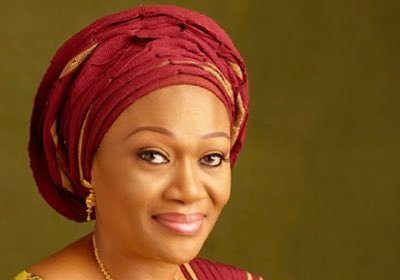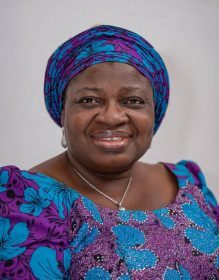BREAKING: Many candidates may lose admission as FG fixes entry age to Nigerian universities, others at 18
BREAKING: Many candidates may lose admission as FG FG fixes entry age…
Remi Tinubu advocates Alternative High Schools’ for Nigerian girls
Education is the way to grow as a nation. We know insecurity…
Stakeholders hail, knock Mamman over 18 years admission benchmark
By Funmilayo Adeyemi During a recent Unified Tertiary Matriculation Examinations (UTME) monitoring…
More anxiety for federal varsities as FG is set to be deducting 40% of their IGR
More anxiety for federal varsities as FG is set to be deducting…
FG reiterates commitment to address rising illiteracy
As Nigeria joins the rest of the world in commemorating the 2023…




